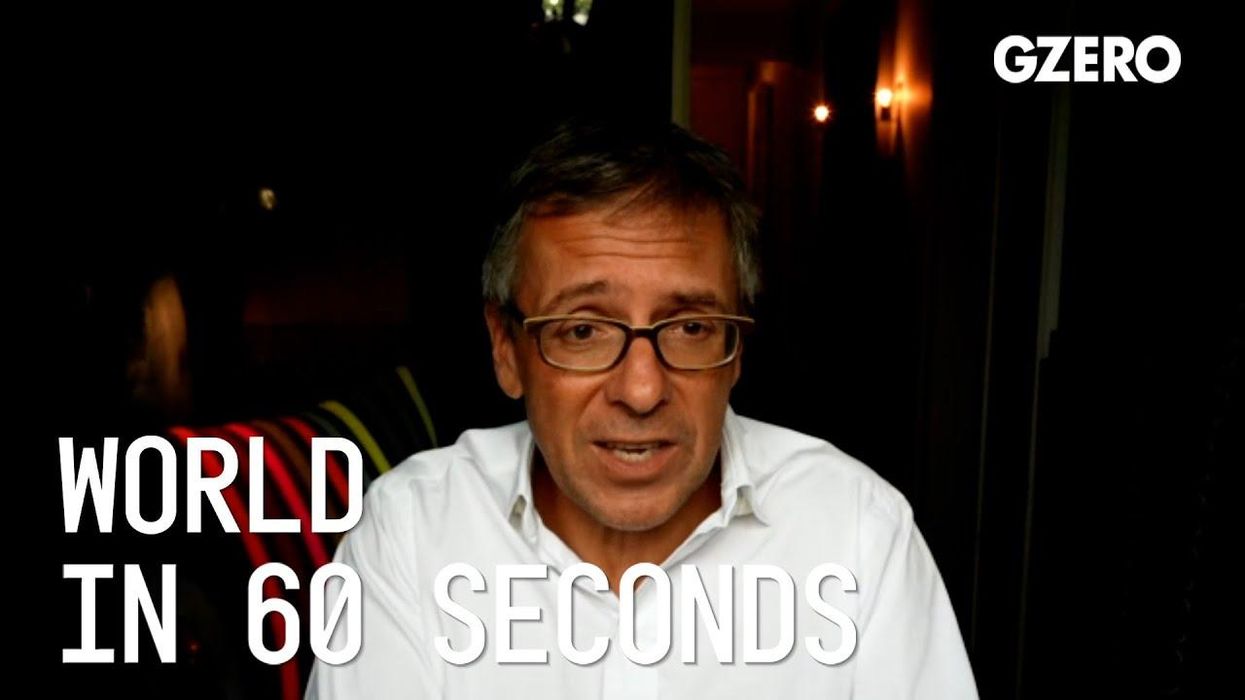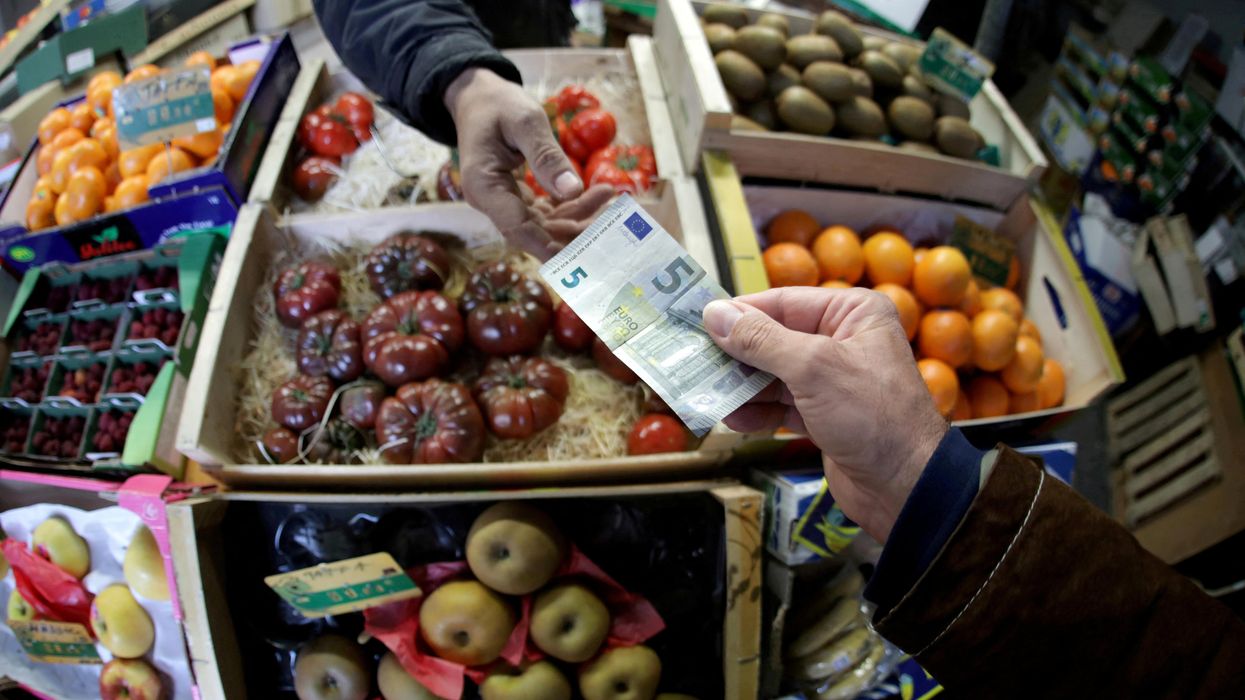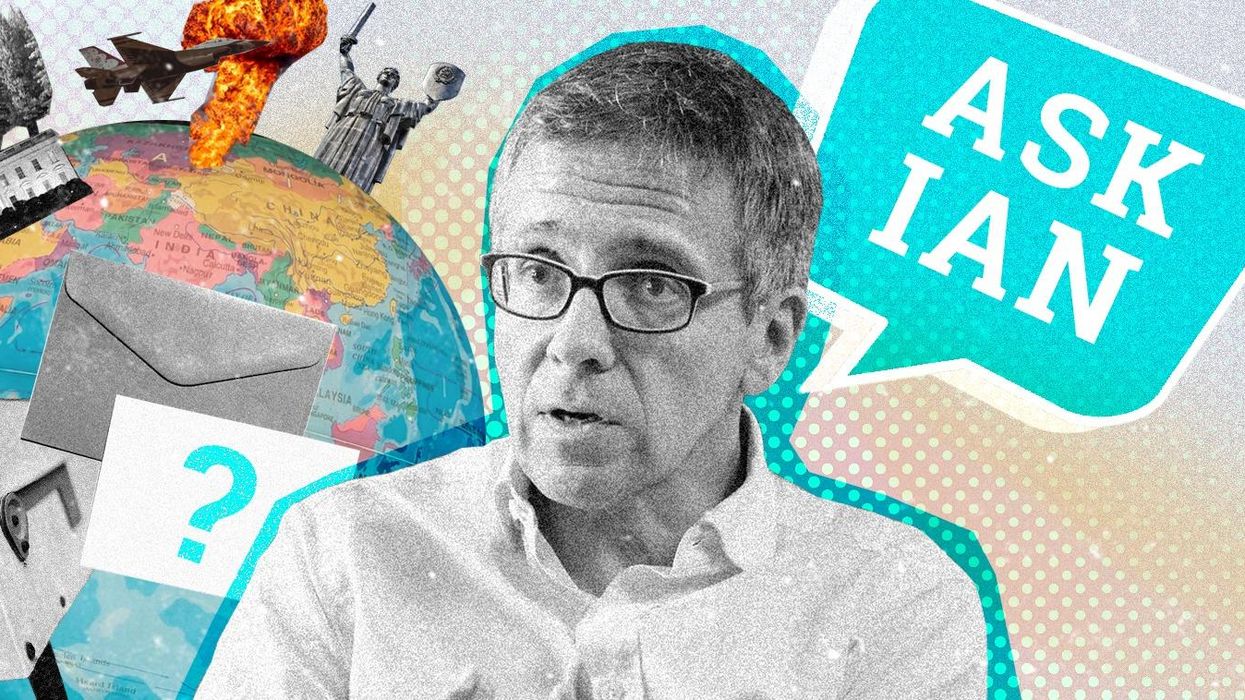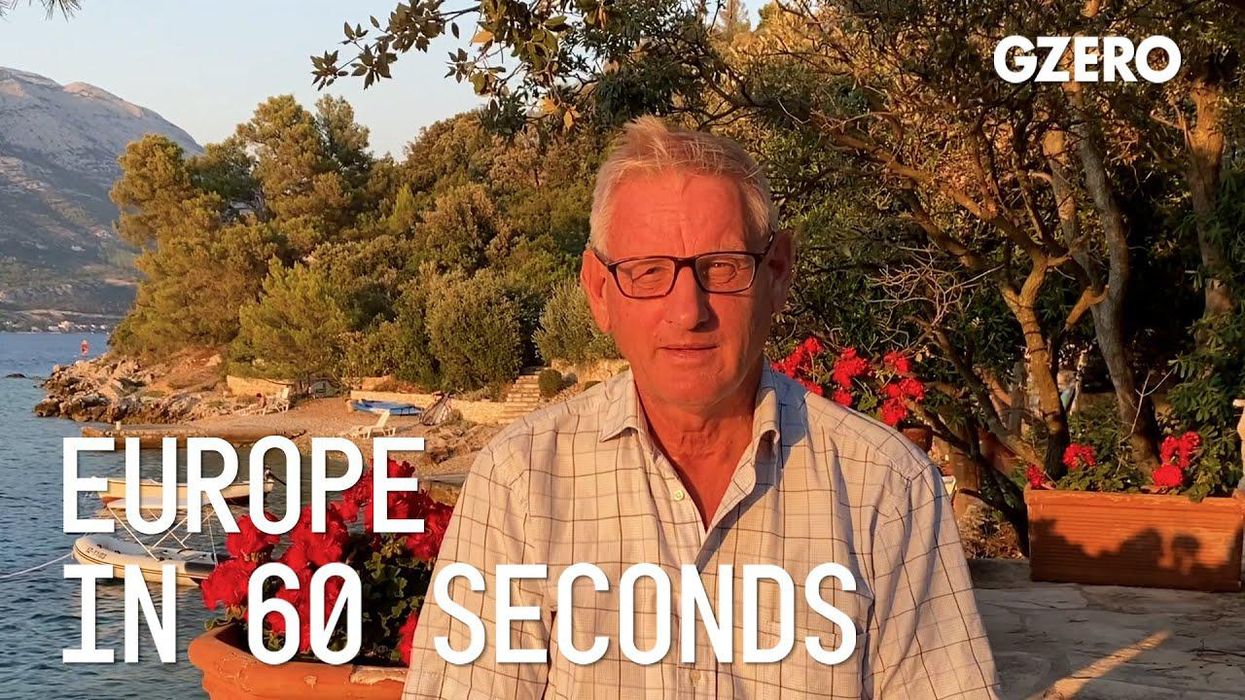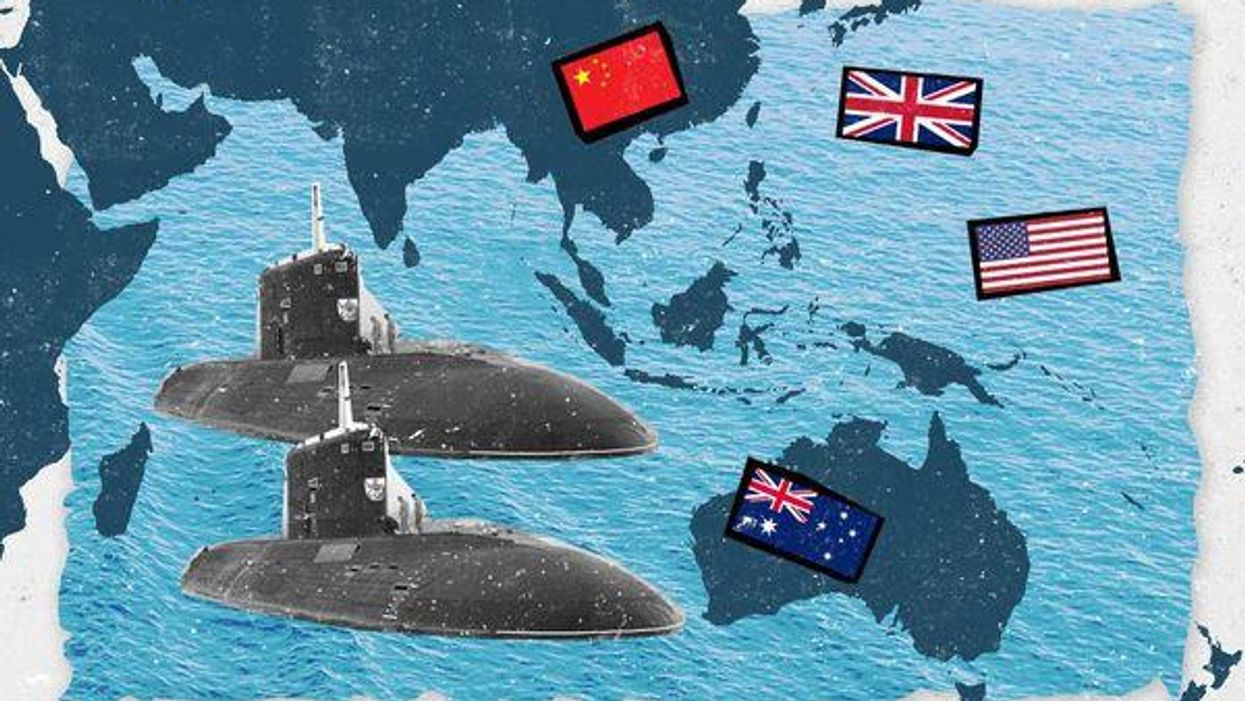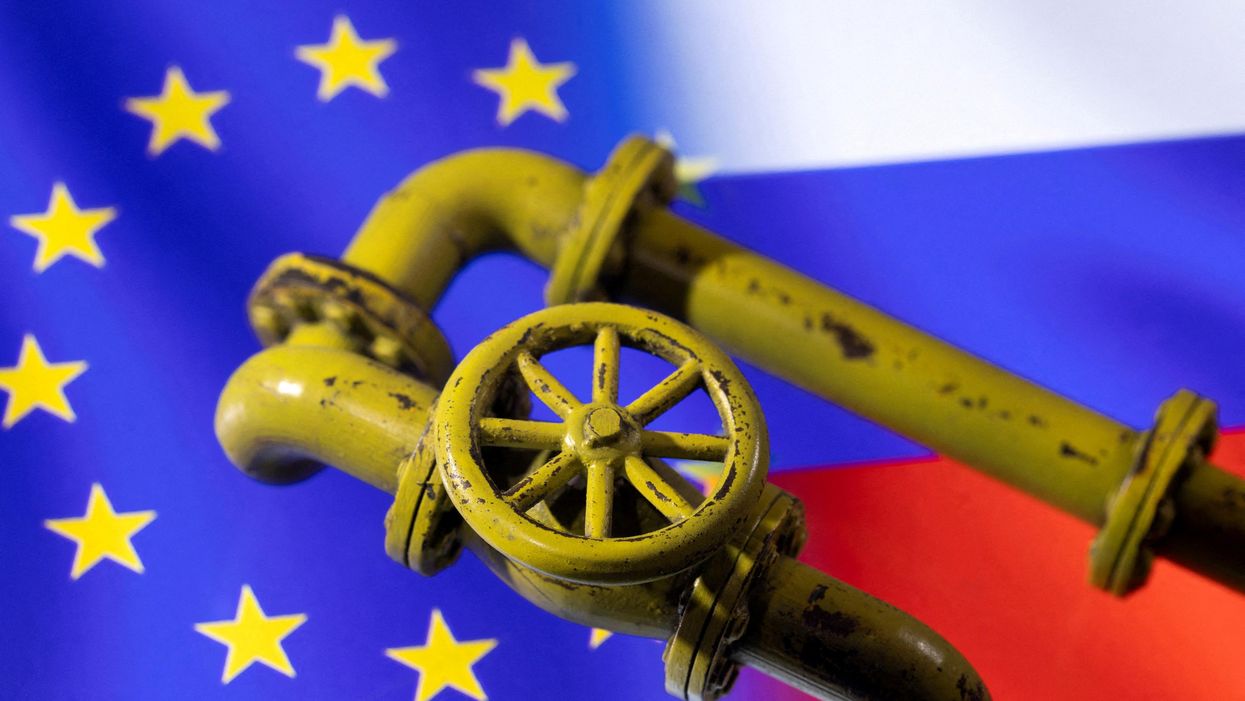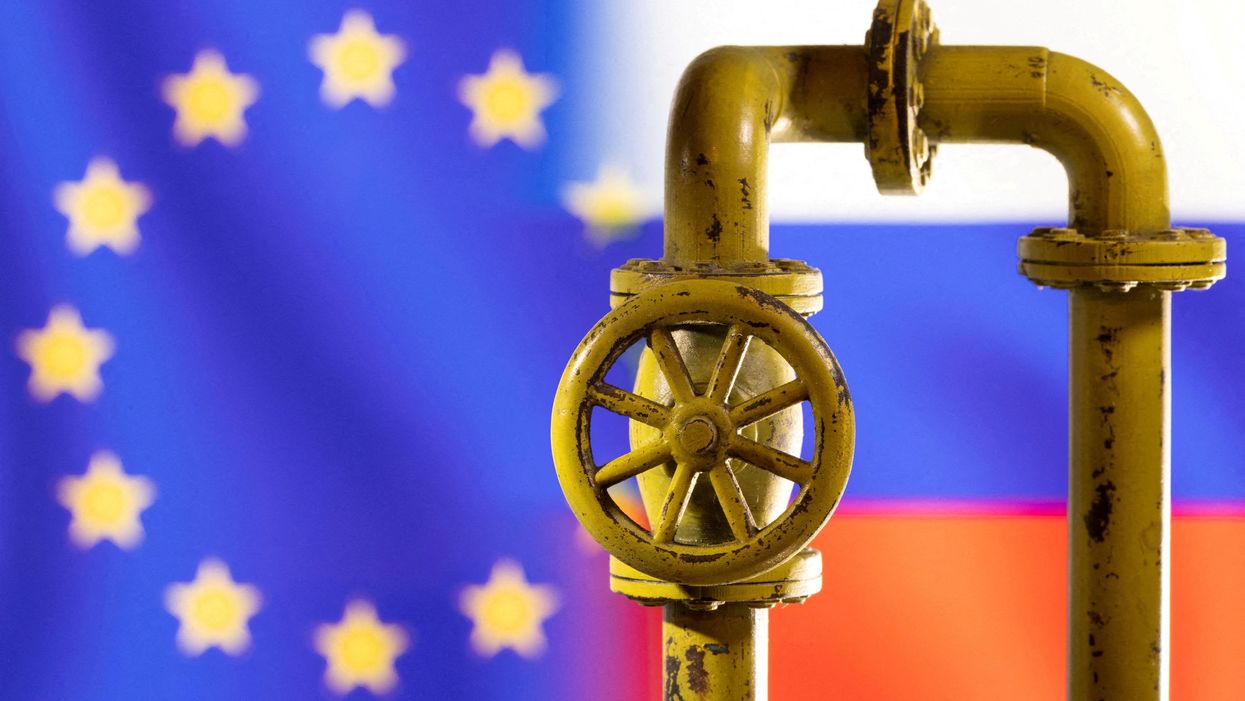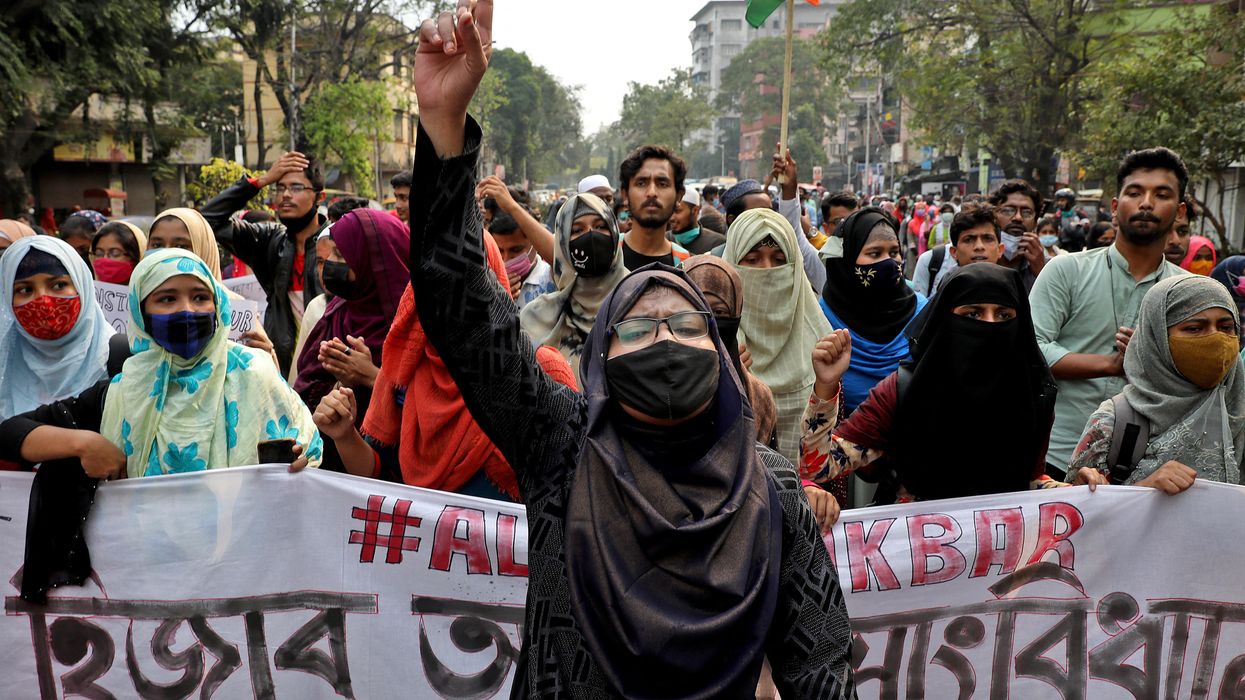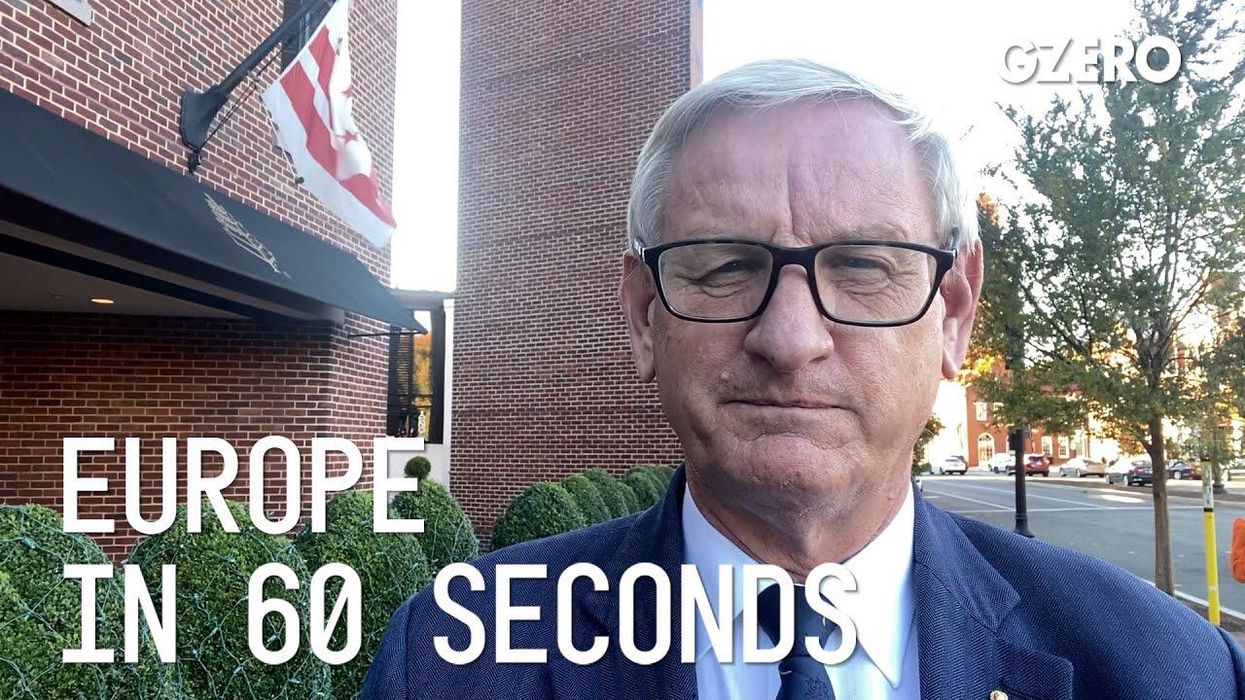ask ian
Russia may cut off Europe's gas; sanctions will hold
Will Russia cutting gas sanctions to Europe lead to the EU lifting sanctions? Does Russia purchasing arms from North Korea show that sanctions are working? What changes will the new Prime Minister Liz Truss bring to the United Kingdom? Ian Bremmer shares his insights on global politics this week on World In :60.
Sep 07, 2022
